Table of Contents
Week 1 | English Grammar
Day 4 |I am doing (present continuous)
Day 5 |Are you doing? (present continuous questions)
Day 6 |I do/work/like (present simple)(present continuous questions)
Week 2 | English Grammar
Day 1 |I don't... (present simple negative)
Day 2 |Do you...? (present simple questions)
Day 3 |I am doing (present continuous) I do (present simple)
Day 4 |I have... and I've got...
Day 6 |Worked/got/went etc (past simple)
Week 3 | English Grammar
Day 1 |I didn't... did you...? (past simple negative and questions)
Day 2 |I was doing (past continuous)
Day 3 |I was doing (past continuous) and I did (past simple)
Day 4 |I have done (present perfect 1)
Day 5 |I've just... I've already... I haven't...yet (present perfect 2)
Day 6 |Have you ever...? (present perfect 3)
Week 4| English Grammar
Day 1 |How long have you...? (present perfect 4)
Day 3 |I have done (present perfect) and I did (past)
Day 4 |Is done, was done (passive 1)
Day 5 |Is being done, has been done (passive 2)
Day 6 |Be/have/do in present and past tenses
Week 5| English Grammar
Day 1 |Regular and irregular verbs
Day 2 |What are you doing tomorrow?
Week 6| English Grammar
Day 2 |Must, mustn't, don't, need to
Day 6 |Do this! Don't do that! Let's do that
Week 7| English Grammar
Day 2 |There is... There are...
Day 3 |There was/were... There has/have been... There will be...
Day 6 |Have you? Are you? Don't you? etc
Week 8| English Grammar
Day 1 |Too/either/so am I/neither do I etc
Day 2 |Isn't/haven't/don't etc (negatives)
Day 3 |Do they? Is it? Have you?
Day 4 |Forming questions (who/what/why/where/when/which)
Day 5 |What...? Which...? How...?
Day 6 |How long does it take...?
Week 9| English Grammar
Day 1 |Do you know where...? I don't know what... etc
Day 2 |He/she said that... He/she told me that...
Day 3 |Work/working Go/going Do/doing
Day 4 |I want you to... I told you to...
Day 5 |I went to the shop to...
Day 6 |Go to... Go on... Go for... Go -ing... Get…
Week 10| English Grammar
Day 4 |I/me He/him They/them etc
Day 6 |Whose is this? It's mine/yours/hers etc
Week 11| English Grammar
Day 1 |Myself/yourself/themselves etc
Week 12| English Grammar
Day 2 |All/most/some/any/no/none etc
Week 13| English Grammar
Day 2 |If we go... if you see... etc
Day 3 |If I had... If we went... etc
Day 4 |A person who... A thing that/which (relative clauses 1)
ENGLISH – COMPOUND SENTENCES – KS2
Learning Objective: To understand what a compound sentence is, to be able
Definition
A compound sentence is a sentence made up of two or more simple sentences. These two or more simple sentences are normally joined together by a coordinator such as “and” “but” “or”. If a compound sentence is divided the parts will each make sense as smaller sentences on their own
Example
The student found his online tutoring work hard but he knew his online tutor would help him.
Explanation
This compound sentence can be broken down into two simple sentences “ The student found his online tutoring work hard.” and “He knew his online tutor would help him.” with “but” as the coordinator joining them together. Importantly both simple sentences make sense on their own.
General Formula
Compound sentence = simple sentence + and/but/or + simple sentence*
*as many simple sentences as you like can be used
FREE ONLINE ENGLISH GUIDE from www.improvetuition.org
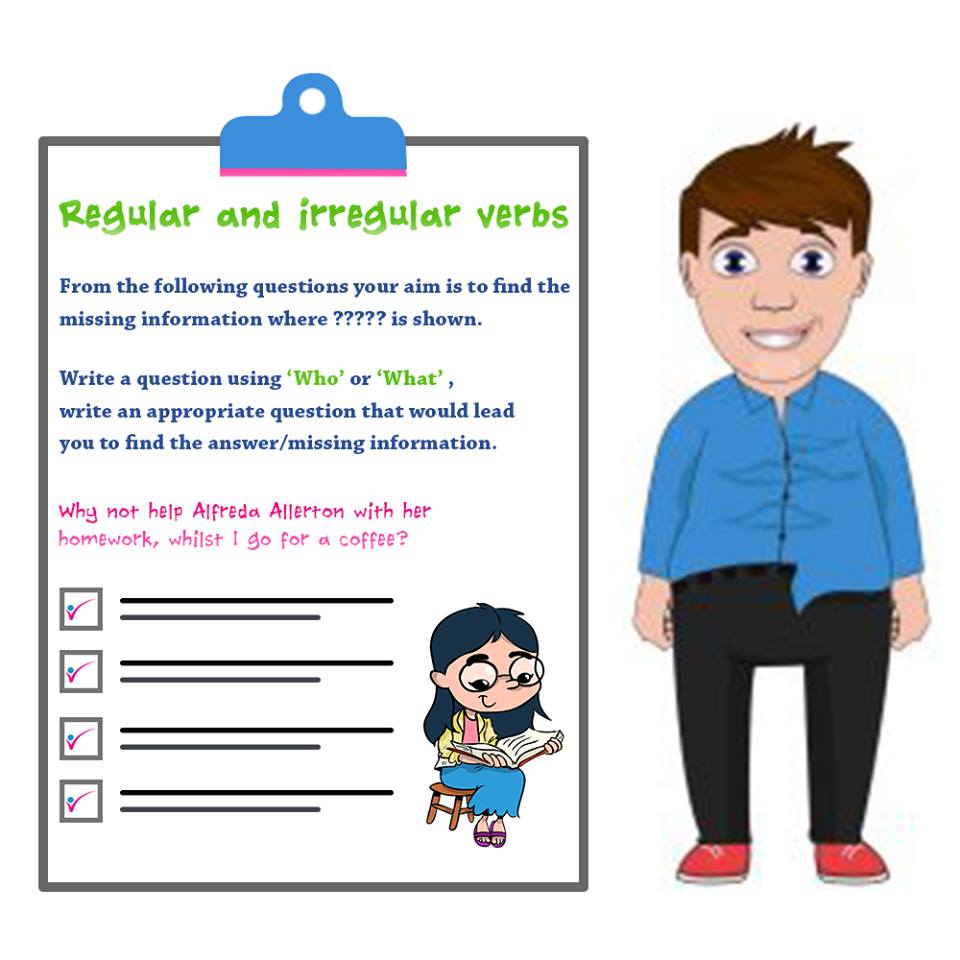
 Can you think of some examples of compound sentences? Try and write three below:
Can you think of some examples of compound sentences? Try and write three below:
[bg_collapse view=”link” color=”#fafafa” expand_text=”Reveal Answer” collapse_text=”Hide Answer” inline_css=”background: #2ea3f2; padding: 9px; font-size: 14px; font-weight: 600;” ]Examples:
1. Adam wanted to play football but he got put on the basketball team.
2. The rabbit was running away from the fox and he escaped into his burrow.
3. We could go out to the shops or to the park.
[/bg_collapse]
 What is a compound sentence?
What is a compound sentence?
[bg_collapse view=”link” color=”#fafafa” expand_text=”Reveal Answer” collapse_text=”Hide Answer” inline_css=”background: #2ea3f2; padding: 9px; font-size: 14px; font-weight: 600;” ]A compound sentence is a sentence made up of two simple sentences joined together by a coordinator. The coordinator is usually “and” “but” “or”.
[/bg_collapse]
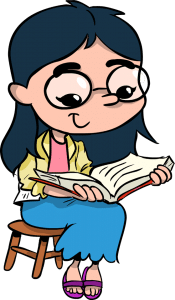
 Identify the simple sentences from the table below with an S, the compound sentences with a C and the complex sentences with an X.
Identify the simple sentences from the table below with an S, the compound sentences with a C and the complex sentences with an X.| The tutor helped the student. | The car stopped quickly. | ||
| Katie liked chocolate but she gave it to her brother. | There are twenty four hours in a day. | ||
| Bananas grow on trees. | Autumn comes after Summer but before Winter. | ||
| Peter played football and went swimming twice a week. | Adam usually goes running after work but today he was ill. |
[bg_collapse view=”link” color=”#fafafa” expand_text=”Reveal Answer” collapse_text=”Hide Answer” inline_css=”background: #2ea3f2; padding: 9px; font-size: 14px; font-weight: 600;” ]
| The tutor helped the student. | (✗) | The car stopped quickly. | (✗) |
| Katie liked chocolate but she gave it to her brother. | (-) | There are twenty four hours in a day. | (✗) |
| Bananas grow on trees. | (✗) | Autumn comes after Summer but before Winter. | (-) |
| Peter played football and went swimming twice a week. | (-) | Adam usually goes running after work but today he was ill. | (-) |
[/bg_collapse]
 2. Why are the sentences you have crossed ✗ not examples of compound sentences? What type of sentences are they instead?
2. Why are the sentences you have crossed ✗ not examples of compound sentences? What type of sentences are they instead?
[bg_collapse view=”link” color=”#fafafa” expand_text=”Reveal Answer” collapse_text=”Hide Answer” inline_css=”background: #2ea3f2; padding: 9px; font-size: 14px; font-weight: 600;” ] These sentences are examples of simple sentences because they only have one clause and only convey one piece of information. Compound sentences should have two simple sentences joined with a coordinator like “and” “but” “or”. [/bg_collapse]
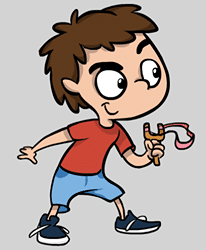
 Read this text carefully and then identify the compound sentences Read this text carefully and then identify the compound sentences within it. Be careful, read slowly and check your answers. Remember compound sentences are two simple sentences joined together with a coordinator normally “and” “but” “or”.
Read this text carefully and then identify the compound sentences Read this text carefully and then identify the compound sentences within it. Be careful, read slowly and check your answers. Remember compound sentences are two simple sentences joined together with a coordinator normally “and” “but” “or”.“Adam woke up and went downstairs to have breakfast. Today was a big day. This afternoon he had a huge football match and he was worried about it. He was nervous but also excited. He thought about all the practice he had done during the week. When he had finished eating he went upstairs to pack his bag. He couldn’t find his football boots. Adam was upset. He had to find them or he would not be able to play. He looked all over his room and asked his mum to help him. Adam had nearly given up but then his mum found them. They were hidden under his bed.”
[bg_collapse view=”link” color=”#fafafa” expand_text=”Reveal Answer” collapse_text=”Hide Answer” inline_css=”background: #2ea3f2; padding: 9px; font-size: 14px; font-weight: 600;” ] Adam woke up and went downstairs to have breakfast. This afternoon he had a huge football match and he was worried about it. He was nervous but also excited. He had to find them or he would not be able to play. He looked all over his room and asked his mum to help him. Adam had nearly given up but then his mum found them. [/bg_collapse]
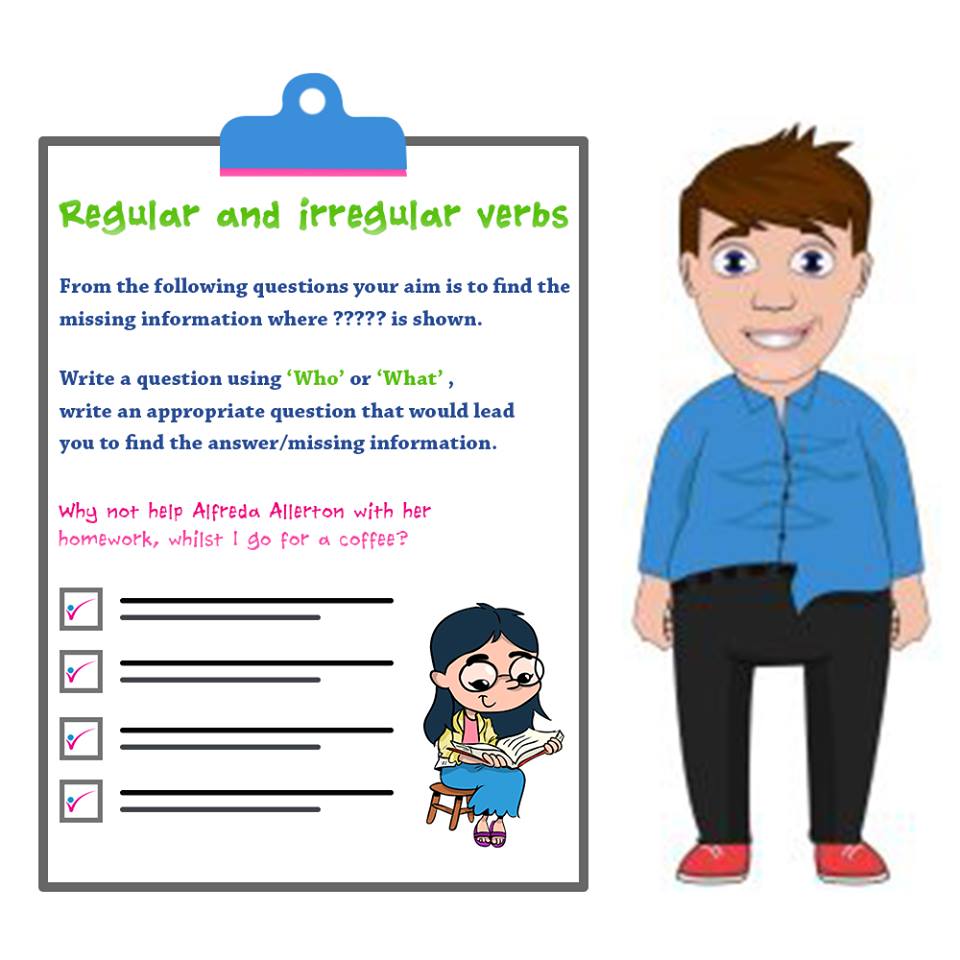
 Look carefully at the sentences below. They are examples of simple sentences. Using the coordinators “and” “but” “or” and anymore you can think of join them together the create compound sentences
Look carefully at the sentences below. They are examples of simple sentences. Using the coordinators “and” “but” “or” and anymore you can think of join them together the create compound sentences
Example: Peter was tired. He had to go to school.
Answer: Peter was tired BUT he had to go to school.
 1. The rain was falling very heavily. Lucy stayed inside to do her online tuition.
1. The rain was falling very heavily. Lucy stayed inside to do her online tuition.
[bg_collapse view=”link” color=”#fafafa” expand_text=”Reveal Answer” collapse_text=”Hide Answer” inline_css=”background: #2ea3f2; padding: 9px; font-size: 14px; font-weight: 600;” ] The rain was falling very heavily AND Lucy stayed inside to do her online tuition [/bg_collapse]
 2. Oliver found English difficult. He practiced some every day.
2. Oliver found English difficult. He practiced some every day.
[bg_collapse view=”link” color=”#fafafa” expand_text=”Reveal Answer” collapse_text=”Hide Answer” inline_css=”background: #2ea3f2; padding: 9px; font-size: 14px; font-weight: 600;” ] Oliver found English difficult SO he practiced some every day [/bg_collapse]
 3. Some trees lose their leaves in winter. Some trees stay green.
3. Some trees lose their leaves in winter. Some trees stay green.
[bg_collapse view=”link” color=”#fafafa” expand_text=”Reveal Answer” collapse_text=”Hide Answer” inline_css=”background: #2ea3f2; padding: 9px; font-size: 14px; font-weight: 600;” ] : Some trees lose their leaves in winter BUT some trees stay green.[/bg_collapse]
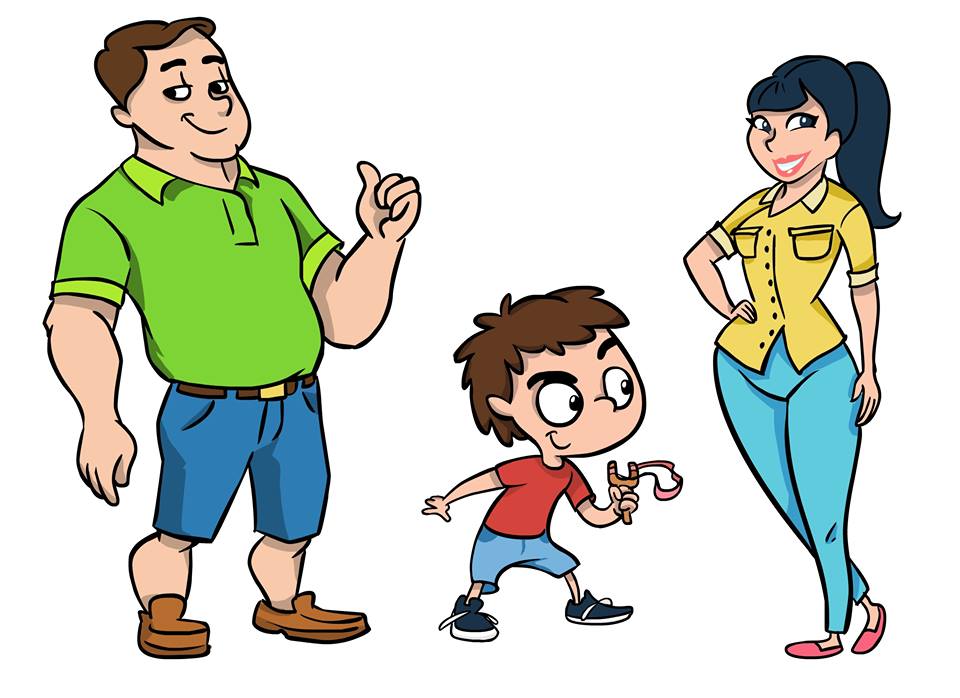
 There are five coordinators or coordinating conjunctions that join the simple sentences together. These are: for, and, nor, but, or, yet, so. Below think and write seven compound sentences each using a different coordinating conjunction.
There are five coordinators or coordinating conjunctions that join the simple sentences together. These are: for, and, nor, but, or, yet, so. Below think and write seven compound sentences each using a different coordinating conjunction.In each sentence underline the simple sentence aspects and circle the coordinating conjunction.
1.
2.
3.
4.
5.
6.
7.
[bg_collapse view=”link” color=”#fafafa” expand_text=”Reveal Answer” collapse_text=”Hide Answer” inline_css=”background: #2ea3f2; padding: 9px; font-size: 14px; font-weight: 600;” ]1. He did his homework FOR he knew it was the right thing to do.
2. Adam did worked with his online tutor AND he enjoyed doing it.
3. Jack did not want to give Tom chocolate NOR did he want to give him sweets.
4. Alice was going to school BUT she forgot her coat.
5. I think we should eat at a restaurant OR order in a takeaway.
6. The weather was cold YET the sun was still shining.
7. Joe wasn’t feeling well SO he stayed in bed.[/bg_collapse]


